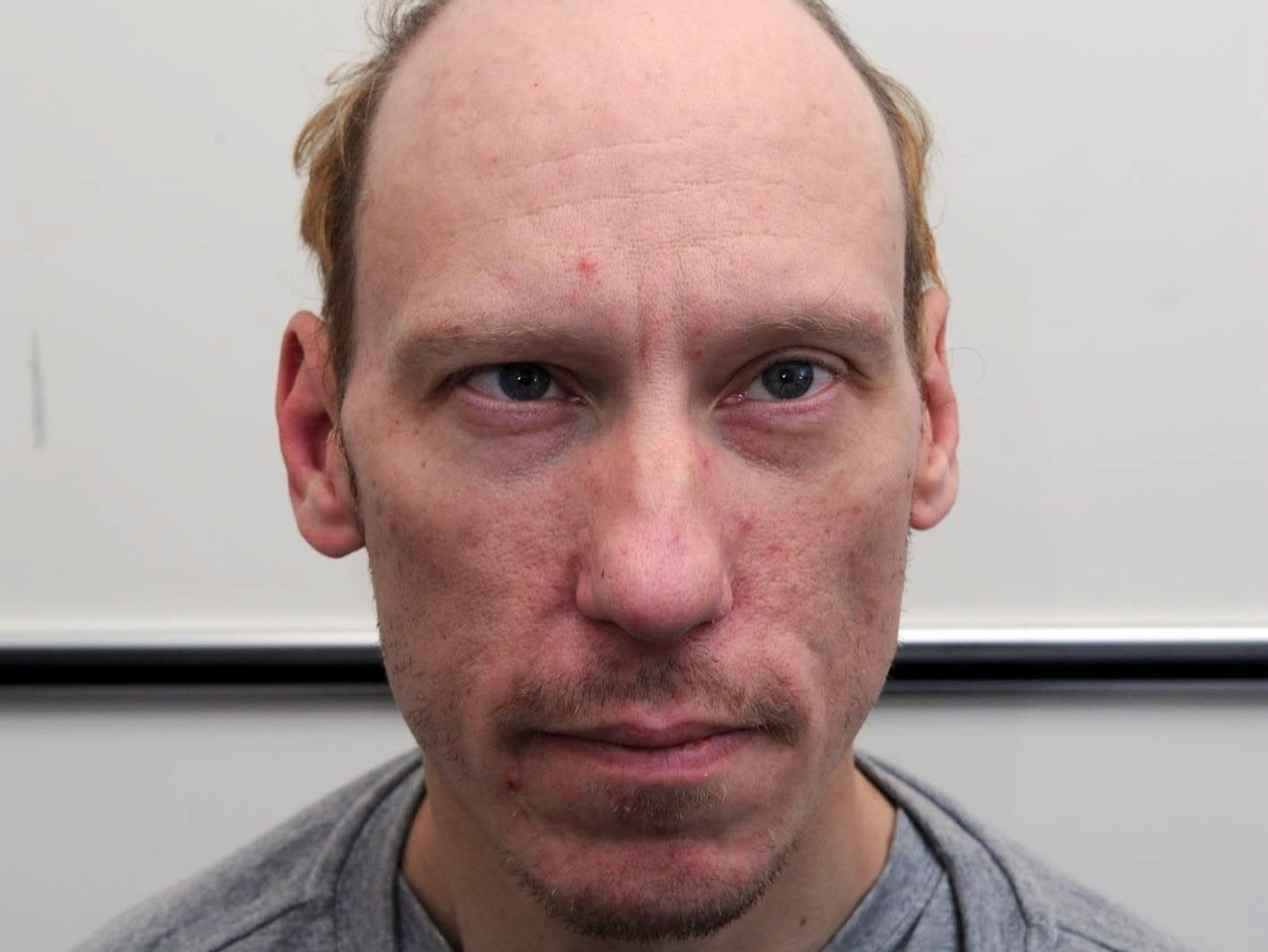Stephen Port: Police failed to flag ‘significant’ incident during probe into first victim, inquest hears
The inquest is looking into whether victims could have been saved had police acted differently

Detectives who interviewed serial killer Stephen Port after he murdered his first victim had failed to flag up an earlier incident where he had been seen rifling through a drugged man’s bag, an inquest has heard.
Fashion student Anthony Walgate, 23, was murdered after meeting Port on 17 June 2014 in east London. Port gave police different stories about what had happened in the days after the murder.
The second of his police interviews took place on 27 June that year. He told Detective Constables Jolyon Holt and Judith Levoir that he had arranged to meet Mr Walgate, who was an occasional sex worker, for an overnight stay at his flat in Dagenham for £800.
He claimed that Mr Walgate had taken drugs and become ill, and that Port panicked and moved his body outside the building because otherwise “it would look suspicious just like last time”.
When asked about what he meant, the detectives were expecting him to outline details of an earlier allegation from 2012 that he had drugged and raped a man on New Year’s Eve.
But, instead, Port told them he had been “helping” a friend who had become unwell at Barking station, near to where he lived, and was going through his bag looking for his phone to get assistance when he had been stopped by police officers.
Inquests are being held into the deaths of the four men to find out whether lives could have been saved had police acted differently.
Jurors have already been told that Detective Chief Inspector Chris Jones from the Metropolitan Police specialist homicide command would have taken over the investigation into Mr Walgate’s death had he known about the incident at the Tube station.
Counsel to the inquest Andrew O’Connor told Ms Levoir “the significance of this incident must have been obvious”.
Giving evidence today, Ms Levoir told the jury at Barking Town Hall: “It was just another line of inquiry that needed looking into in respect of what he’d said in interview.”
The inquest heard that she did not check the police database for details of the incident, or ask another officer to do so despite realising that the incident was significant.
She put crosses next to her handwritten notes about the incident that were passed on to senior officers, but did not take further action to draw their attention to it, the court heard.
The initial investigation into Mr Walgate’s death led only to Port being charged with perverting the course of justice.
Port went on to murder at least three more men – that he met via gay and bisexual social networks and dating apps, such as Grindr – in the same way, with fatal overdoses of the drug GHB.
Two of the men were killed in 2014 while he was on bail for perverting the course of justice, and the fourth after he had served three months in prison for the offence.
Port, 46, is now serving a whole life jail term after he was found guilty in 2016 of the four murders and a string of rapes and sexual assaults on other men who survived his attacks.
Mr Walgate, Gabriel Kovari, 22, Daniel Whitworth, 21, and Jack Taylor, 25, were all found dead near Port’s flat during a 16-month period between June 2014 and September 2015.
At a inquest hearing last week, Detective Sergeant Martin O’Donnell apologised to the victims’ families and said that he had made a number of “terrible” mistakes while investigating the date-rapes and murders.
He said he regretted not informing his colleagues that, two years before his first known murder, Port was accused of drugging a young man with GHB before raping him.
Mr O’Donnell added that he had failed to instruct a search on the police national database on Port, which would have found British Transport Police records showing officers had seen Port at Barking station with the man who was intoxicated by drugs.
He also said he had failed to have Port’s laptop quickly and properly examined. An examination of the computer, that took place more than a year after the murder of Mr Walgate, discovered that Port had searched for drug-rape pornography while arranging to meet one of the victims.
At an earlier hearing, his colleagues Detective Constable Nainesh Desai and Detective Constable David Parish told the inquest they made a mistake in failing to make a link between the first two murders.
The inquest continues.



